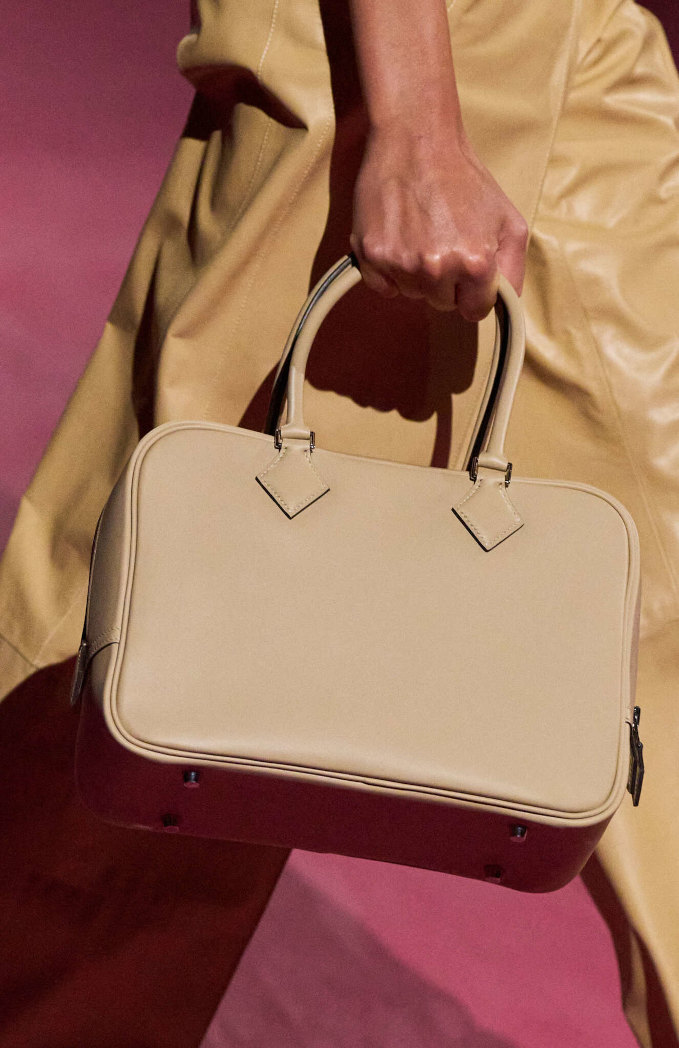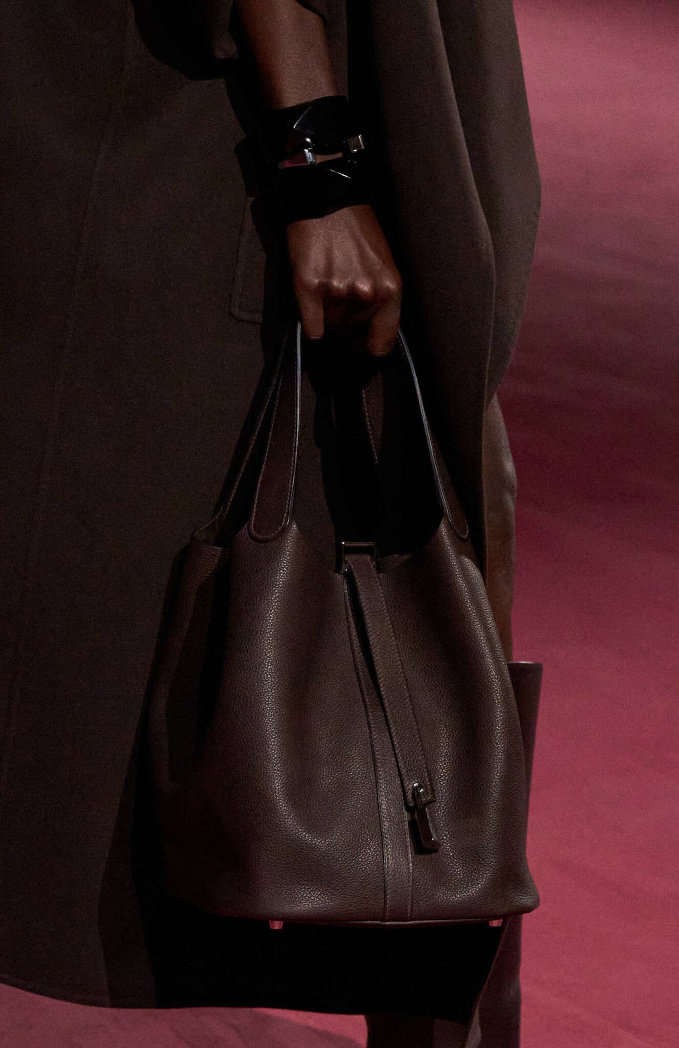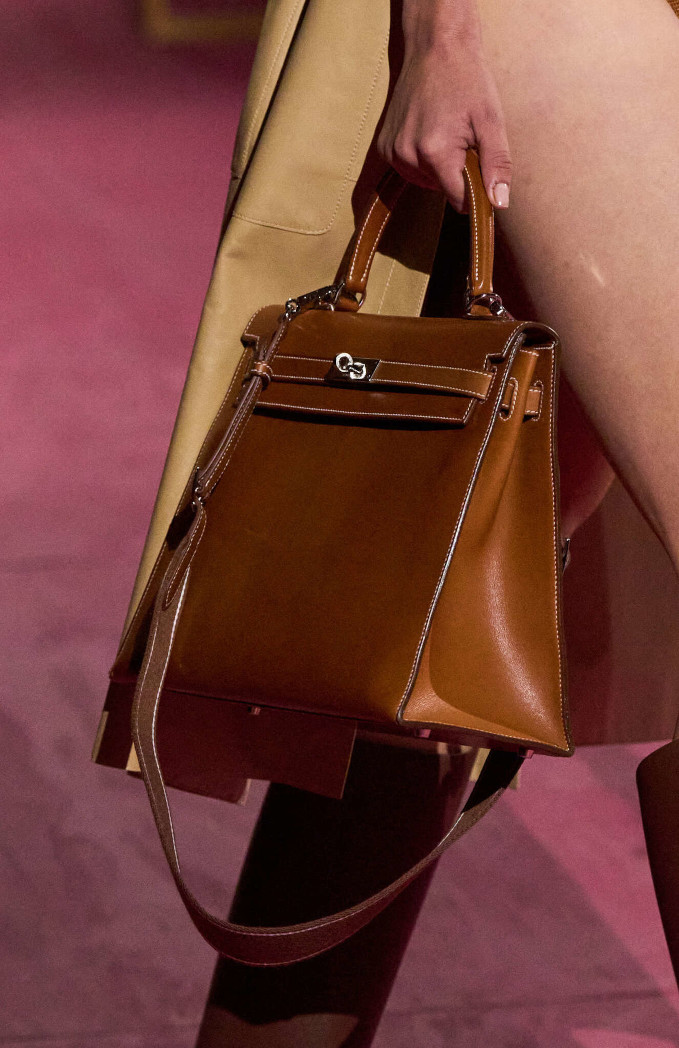The global luxury goods market is experiencing difficult times, with economic challenges affecting even the most established brands. Despite this Hermès continues to achieve spectacular results, maintaining impressive sales growth. Despite lawsuits from female customers protesting the unavailability of products. Despite the controversy. What is behind the phenomenon of this French brand? Is it a crisis of the entire industry, or just a reshuffle that may attract new players?
Hermès vs. crisis
While other luxury brands, such as LVMH and Kering, are experiencing sales declines, Hermès is resisting the crisis. In the third quarter of 2024, the company reported revenue growth of 11.3%. It reached an impressive €3.7 billion. Sales growth in leather categories reached 17%. Apparel and accessories grew by 15%. This is an impressive result that reinforces Hermès’ position as a leader in the luxury market.
The secret of Hermès success – quality and limited availability
The basis for success is first-class craftsmanship and carefully selected materials. Handbags, such as Birkin and Kelly, reach astronomical prices, and the waiting list for them is sometimes very long.



Hermès products are limited, which attracts customers willing to pay more for uniqueness and prestige. The policy of limited availability further strengthens the brand’s position and creates an aura of unavailability around it.
Investment and development, even in times of crisis
Unlike competitors forced to cut back, Hermès continues to invest in growth. The company has hired 250 new artisans, specializing in leather goods, and has already opened its 23rd workshop this year. This shows a long-term strategy that not only strengthens product quality. It also increases production capacity, which is rare in times of economic downturn. Importantly, the emergence of artisan manufactories emphasizes the uniqueness and uniqueness of products with the Hermes logo. These are not “products from factories in China” with a label sewn on, but real works of artisans.
Crisis in the luxury market or a new deal?
The sales declines reported by LVMH or Kering point to serious challenges facing the luxury giants. Bloomberg analysts note that Hermès stands out for its classic, timeless style and rigorous production management. Despite the crisis in the luxury industry, the company maintains a unique status. However, the crisis may attract new niche brands that stand out for their fresh approach and innovation. A good example is Alaïa.
New players on the horizon – who has a chance?
The current slowdown may open the way for the entry of new brands that are attracting younger generations looking for originality and a sustainable approach. Niche brands focusing on ethical production and unique design are beginning to attract the attention of customers who expect more than just a high price tag from luxury brands.
Hermès – a timeless symbol of luxury
The brand’s phenomenon lies in its ability to create products of timeless value that are seen as investments and symbols of luxury. Customers choose Hermès not just for the prestige, but for the brand’s philosophy, which focuses on quality and handmade craftsmanship, creating unique, limited-edition collections.
Luxury News Editor
Consulting Premium
Source: businessoffashion.com
Company: Hermes





